When Doctor Who was quietly removed from our screens in 1989, it entered a period that is now referred to as The Wilderness Years. There may have been no Doctor Who on TV, but there was still plenty to enjoy, in a variety of different forms…
The Virgin book series
Virgin Books acquired a license to publish Doctor Who novels during The Wilderness Years, and in a bold move these continued from where the TV series left off. Fans could genuinely view these books as a continuation of the show that had been unceremoniously pulled from the air, as it told the further adventures of the Seventh Doctor and Ace.
And perhaps the most significant character to emerge from this period of The Wilderness Years is that of Bernice Summerfield – an outer space archaeologist from the future who ended up travelling with the Doctor. Think of her as a precursor to River Song, with less kissing.
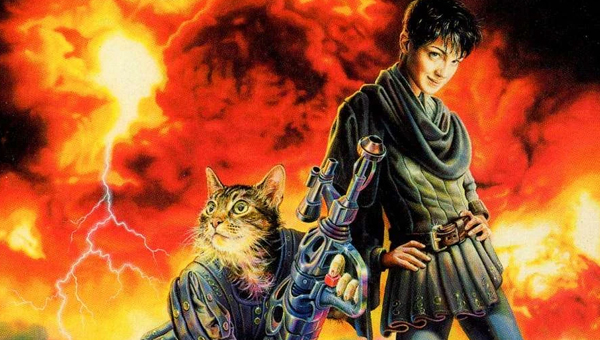
In fact, Bernice Summerfield proved so popular that she went on to have her own audio series at Big Finish, which is still running to this day. Moreover, when Virgin lost the license to produce Doctor Who novels, they decided to continue the series without the Doctor, dubbing the range The New Adventures. These stories put Bernice Summerfield at the front and centre, and whilst the series did eventually wane without the eponymous Time Lord, the fact that it even existed stands as a testimony to the popularity of her character.
The TV movie
During The Wilderness Years, there was only one canonical Doctor Who adventure: 1996’s TV movie, produced by Philip Segal and starring Paul McGann as the Eighth Doctor. And whilst it may sound crazy (and depressing) to think that this was the only proper TV adventure within a 16 year period, there were many other attempts to bring the series back to our screens.
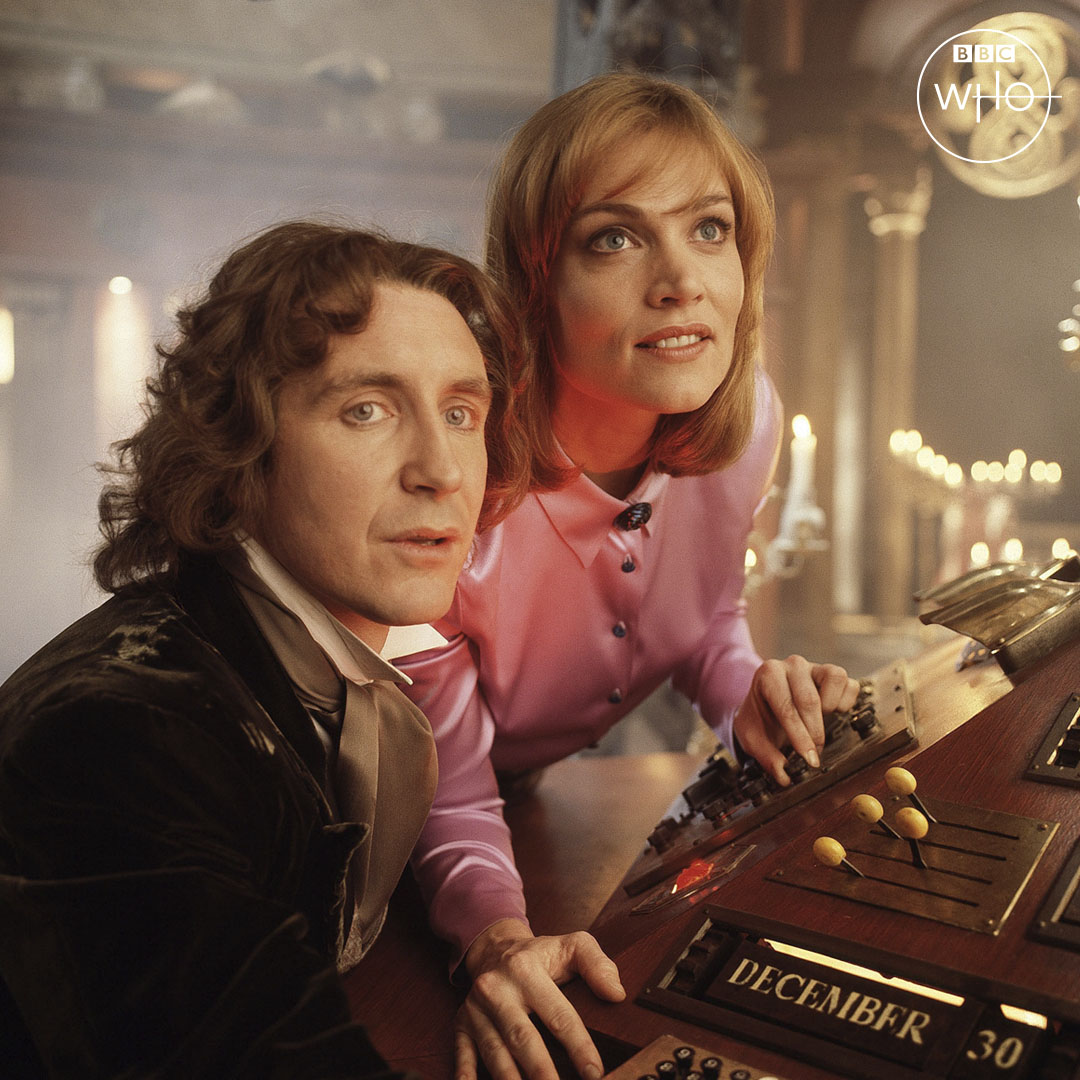
In fact, Segal had been trying to acquire the rights since 1989, when Doctor Who was still on the air. And when it was pulled, several other interested parties came out of the woodwork, including a new TV series starring a Sheffield DJ with a red phone box TARDIS, and a movie dubbed Last of the Time Lords which was to be directed by Leonard Nimoy.
All of these ultimately came to nothing, and the TV movie was the only canonical project from The Wilderness Years to make it onto our screens – a co-production between the BBC and Fox which acted as a pilot for a brand new series of adventures.
Sadly, despite its success in the UK, a new series failed to materialise, but it did spark a new range of BBC books starring the Eighth Doctor, plus an audio series from Big Finish which continues to this day.
The Scream of the Dimensions of Reasonable Comfort
We mentioned that the TV movie was the only canonical Doctor Who story to air during The Wilderness Years? Well, there were other TV projects which aired during this time, and their validity is still up for debate.
The first of these was the 30th anniversary Children in Need skit ‘Dimensions in Time‘ which reunited all of the surviving Doctors and a huge roster of companions, set against the backdrop of Albert Square from the popular British soap Eastenders. It’s a brief and bizarre story, and it has never been made commercially available, for reasons which remain murky. In some ways, this shroud of secrecy only fuels its notoriety.
The Wilderness Years also saw a special Comic Relief episode called ‘The Curse of Fatal Death,’ which starred Rowan Atkinson as the Ninth Doctor and Jonathan Pryce as the Master. And whilst it’s undoubtedly a comedy (penned by Steven Moffat, no less) it is actually a very entertaining story, and fascinatingly it sees the Doctor regenerate into a blonde woman in its closing moments, played by Joanna Lumley. Foreshadowing, perhaps?
Then there is possibly the most fascinating project to emerge from The Wilderness Years, and that is the animated story ‘The Scream of the Shalka‘ written by Paul Cornell and starring Richard E. Grant. This launched in 2003 to coincide with the 40th anniversary, and at the time it was considered canon; this was supposed to mark the beginning of a new Doctor Who era in animated form. For many, ‘Shalka’ represented Doctor Who‘s future.
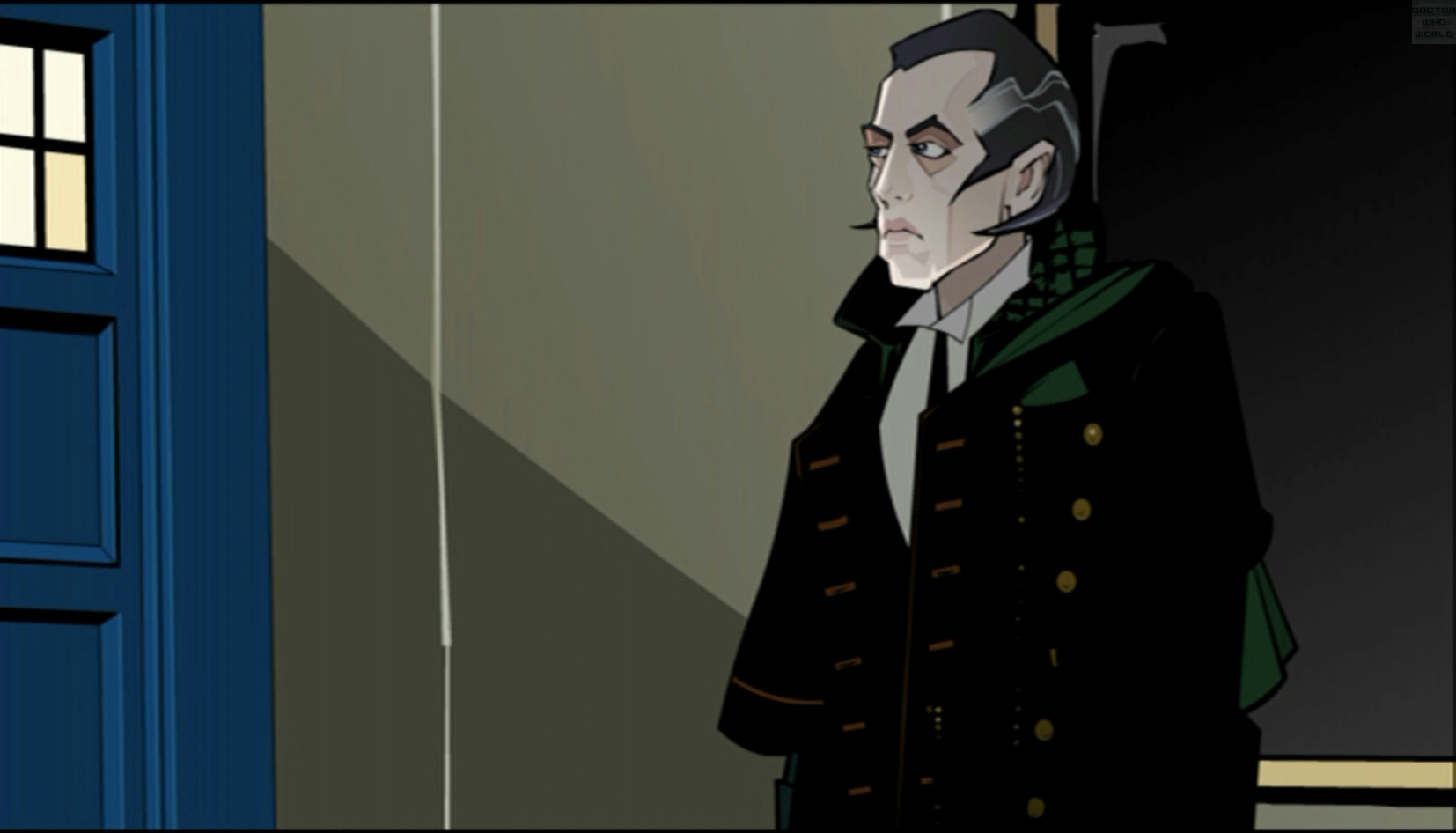
But it was during transmission that the BBC announced a brand new Doctor Who series in 2005, helmed by Russell T Davies and bringing The Wilderness Years to an end. ‘Shalka,’ therefore, became something of a standalone oddity that doesn’t really belong to the main series’ canon.
Or does it? Because we now have 2020’s controversial Timeless Child storyline which posits that there are myriad, forgotten incarnations of the Doctor with their own TARDISes, so it’s possible that Grant’s Doctor could be one of these. Indeed, Russell T Davies even included Grant’s face in the 2024 episode ‘Rogue‘ where images of the Time Lord’s past incarnations were shown – unless this was referring to the Grant Doctor who also appeared in ‘The Curse of Fatal Death,’ which would probably cause fandom to implode.
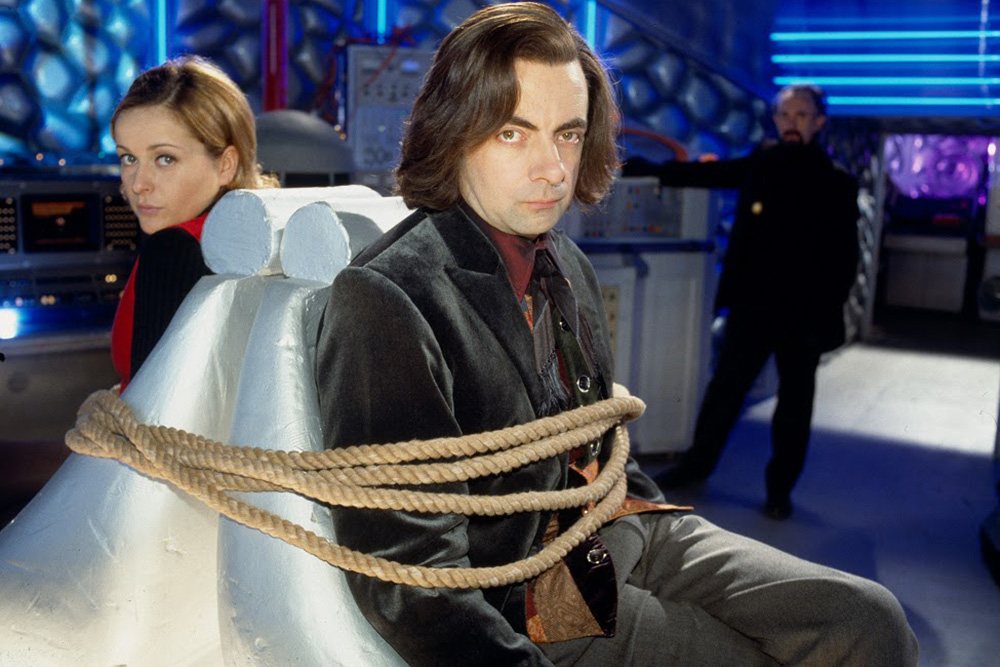
But regardless of your opinion of Grant’s Doctor(s), there’s no denying the impact of ‘Shalka.’ Its appearance during The Wilderness Years demonstrated that there was still a keen appetite for Doctor Who on both sides of the equation; there were still people who wanted to make it, and there were still people who wanted to watch it. Moreover, Paul Cornell went on to pen three episodes of the relaunched series, while Richard E. Grant would later return as The Great Intelligence in numerous episodes written by Steven Moffat.
The future
So will Doctor Who ever experience The Wilderness Years again? Certainly, it’s inevitable that, at some point in the future, there will be a prolonged period in which the series isn’t on TV. And judging by how it was handled last time, this would be the perfect opportunity for Doctor Who fans to step up to the plate and shine.
Simply put, we could learn a lot from The Wilderness Years. Ironically, in many ways it represents one of Doctor Who‘s most exciting and inventive periods, so much so that fans are now calling for it to have its own Blu-ray box set.
So tell us: which is your favourite moment from this 16 year period? Let us know in the comments below.







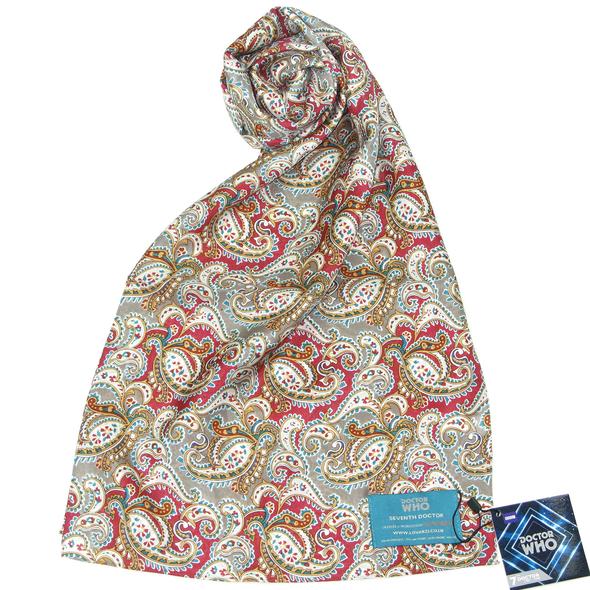
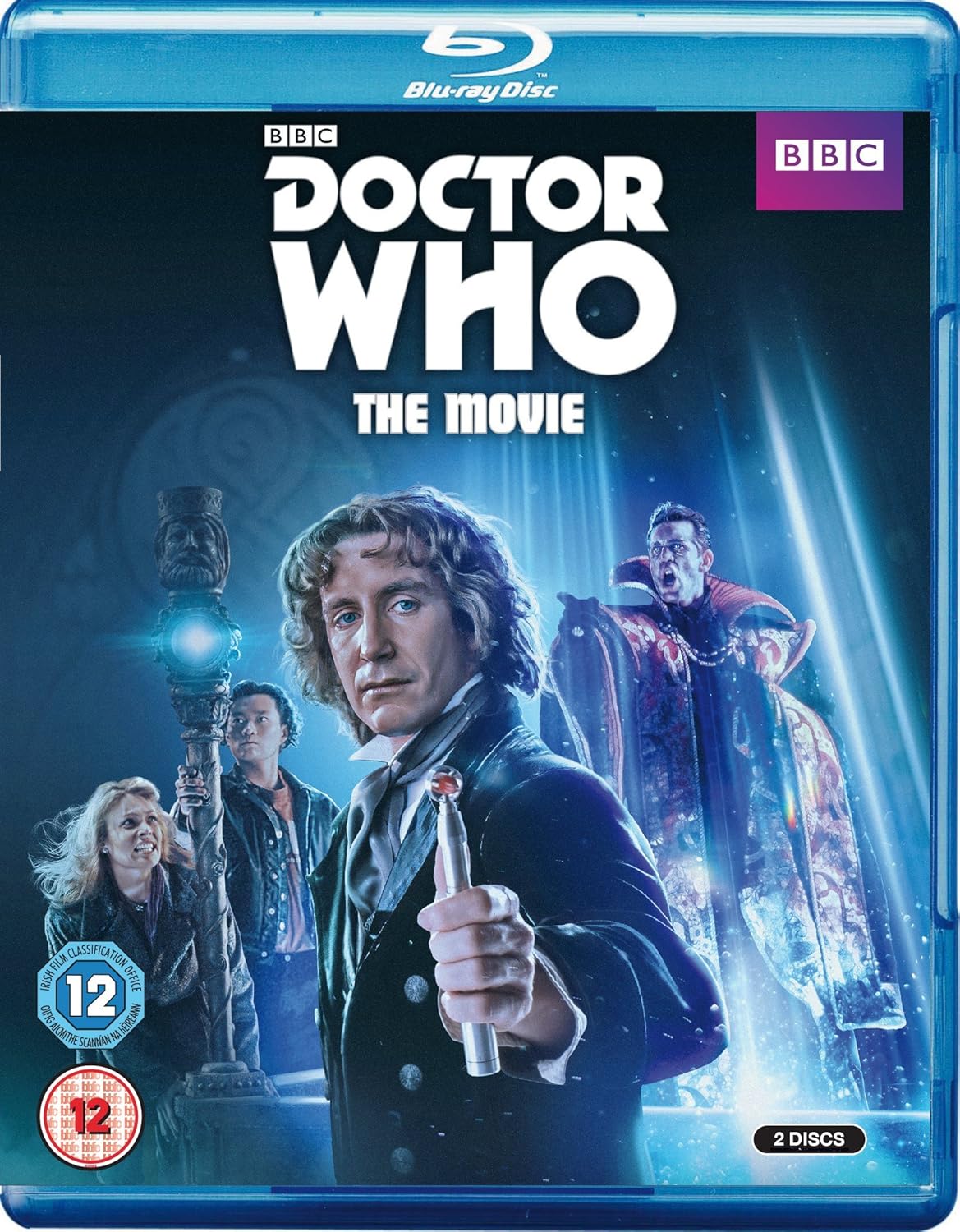
I think the Virgin Books series is a great example of how fans kept Doctor Who alive during the 90s. It’s amazing how characters like Bernice Summerfield found a lasting place in the fandom, especially with her own Big Finish series.
The Reeltime videos and ,later, the launch of Big Finish were significant events in the Wilderness Years.
You Didn’t mention the “Death comes to Time”, and “Real Time” animated webcasts during the wilderness years!
There were some great BBC novels (I only read one or two of the Virgin Missing Adventures, not the New Adventures)- I read quite a few of them at first and I always remember two I really liked were Ten Little Aliens and The Crooked Earth, where the Doctor and companions (Sam and Fitz maybe- it’s 20 years since I read it!) ended up in a cartoon world with all the cartoon characters- this would be a fascinating adventure to see on TV if they made it into an episode!